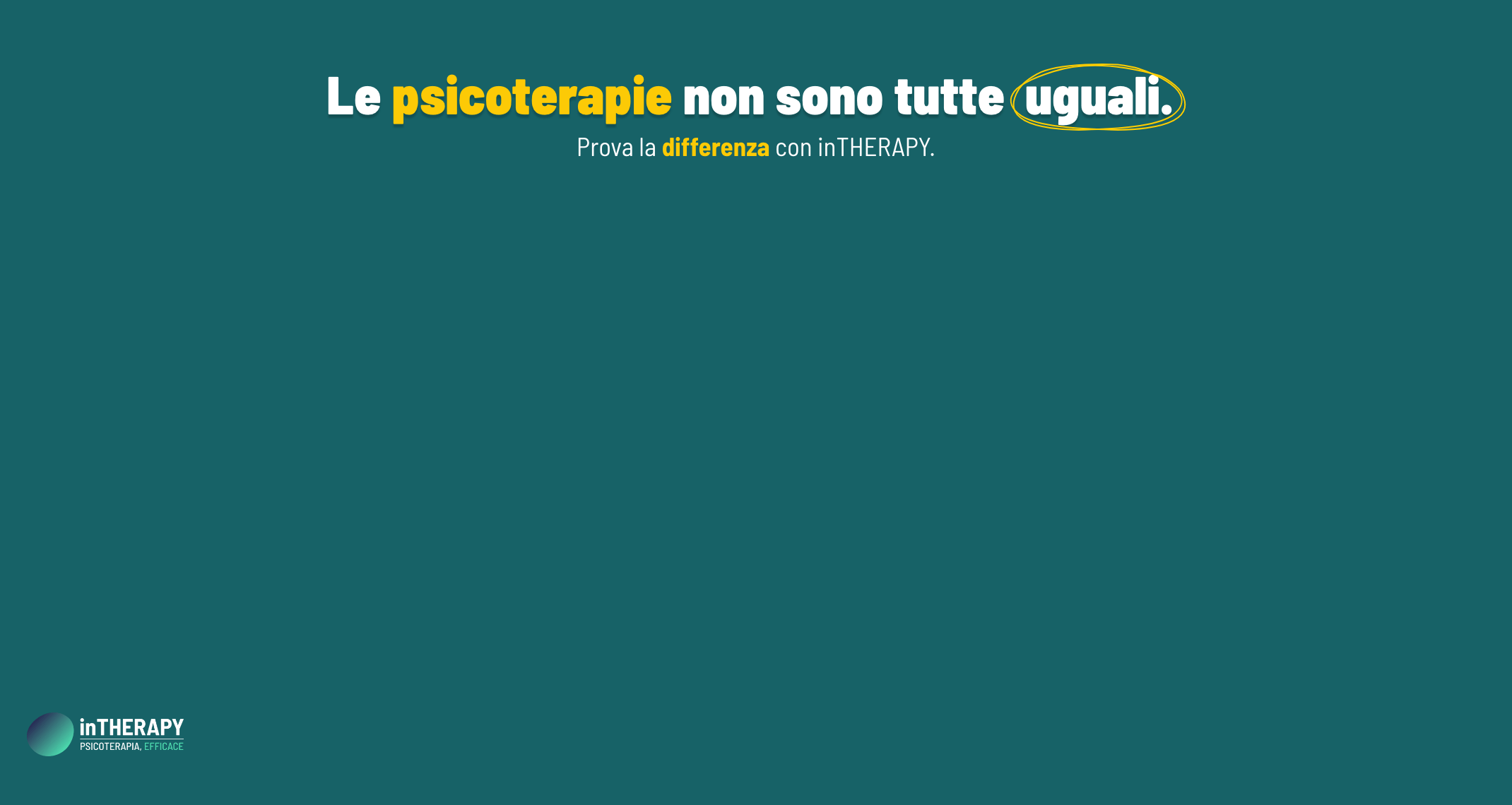La Redazione di State of Mind consiglia la lettura di questo contenuto:
Un articolo molto chiaro e interessante del New York Times su una questione purtroppo nota anche in Europa: il cronico problema di immagine della psicoterapia. Mal rappresentata dai media, preferita dai pazienti rispetto alle sole terapie farmacologiche, avallata da trial scientifici che ne dimostrano inequivocabilmente l’efficacia, osteggiata dalle case fermaceutiche che dispongono di un ben altro arsenale per rappresentare la realtà a colpi di lobbying.
Nei soli USA dal 1998 al 2007 la percentuale di pazienti ambulatoriali curati con la sola psicoterapia è calata del 34% mentre il numero di pazienti che hanno ricevuto la sola terapia farmacologica è aumentata del 23%.
Questo mentre 33 differenti studi indipendenti hanno rilevato che i pazienti preferiscono 3 volte tanto la psicoterapia rispetto al trattamento farmacologico.
Ma non è tutta colpa del Big Pharma, sostiene l’articolo: il problema si trova anche all’interno: ancora troppi psicoterapeuti per un motivo e per l’altro non fanno riferimento a terapie scientificamente provate, a protocolli testati di provata efficacia e sono tanti i casi di professionisti che applicano teorie eccentriche e mai verificate o indulgono in vecchie terapie old school che dovrebbero essere definitivamente abbandonate (come alcune polverose e quasi esoteriche psicoanalisi freudiane).
Il rischio, conclude il giornalista del NYT, è che se i servizi di psicoterapia non si fondano sulle ultime e migliori ricerche scientifiche, l’intera professione verrà lentamente allontanata dai servizi di sanità pubblica, a favore ancora una volta delle terapie farmacologiche.
The answer is that psychotherapy has an image problem. Primary care physicians, insurers, policy makers, the public and even many therapists are largely unaware of the high level of research support that psychotherapy has. The situation is exacerbated by an assumption of greater scientific rigor in the biologically based practices of the pharmaceutical industries — industries that, not incidentally, also have the money to aggressively market and lobby for those practices.
For the sake of patients and the health care system itself, psychotherapy needs to overhaul its image, more aggressively embracing, formalizing and promoting its empirically supported methods.
[…]
Psychotherapy faces an uphill battle in making this case to the public. There is no Big Therapy to counteract Big Pharma, with its billions of dollars spent on lobbying, advertising and research and development efforts. Most psychotherapies come from humble beginnings, born from an initial insight in the consulting office or a research finding that is quietly tested and refined in larger studies.
The fact that medications have a clearer, better marketed evidence base leads to more reliable insurance coverage than psychotherapy has. It also means more prescriptions and fewer referrals to psychotherapy.
Psychotherapy’s Image Problem
Consigliato dalla Redazione
Per continuare la lettura sarete reindirizzati all’articolo originale … Continua >>























